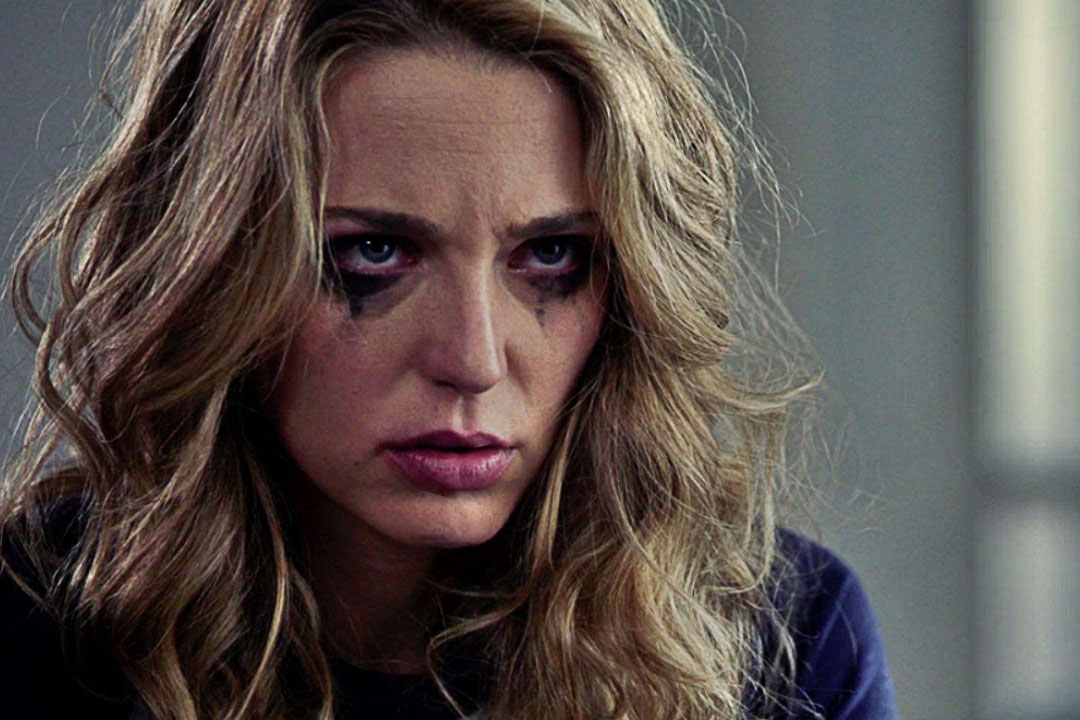In Ambrose Bierce’s classic story “An Occurrence at Owl Creek Bridge,” a plantation owner in the Civil War is hanged from a bridge. Between the time he is pushed off and the moment he hits the bottom of the rope, the prisoner dreams of escape, hallucinating an elaborate story that ends, surprising the reader, when his neck snaps in the noose.
The chilling implication of this story, of course, is that life itself is but the dream of a dying animal, a fantasy concocted before oblivion closes in for good. Egad — perchance to dream, indeed!
The 1993 film Groundhog Day inverted the horror of Bierce’s existential nightmare into a fable of secular resurrection. In it, Bill Murray plays a cynical, selfish TV reporter who keeps waking up in the same day, doomed to repeat it until he figures out how to be a better man. Brilliantly directed by Harold Ramis (who also co-wrote the script), Groundhog Day mines its conceit of eternal return for comic effect, but it’s also a strangely affecting film, a deep meditation on narcissism, stagnation and renewal that is inspiring without being corny.
Happy Death Day is essentially Groundhog Day updated as a slasher flick in the style of Wes Craven’s Scream franchise. It is a poor study of Ramis’s film, lacking the coherence and zip of its predecessor, though it’s not without a certain schlocky appeal.
Jessica Rothe plays Tree, a solipsistic sorority sister who wakes up hungover in the dorm room of Carter (Israel Broussard), just the nicest guy ever. Turns out Tree is a serious asshole — a lout, abusive and careless — though not without reason.
Pulling herself together, she stumbles through her day being mean to people and having an affair with a professor and ignoring her dad’s calls until, at night, she is murdered by someone wearing the creepiest baby mask you’ve ever seen.
And then she wakes up hungover, in the same dorm room, and the day repeats itself, ad infinitum. It’s her birthday. It’s her death day.
It’s best, if you decide to see Happy Death Day, not to think too hard about it all. Unlike Groundhog Day, which maintained an impossibly tight narrative that somehow made endless repetitions mesmerizing, Happy Death Day is clunky and inconsistent. It pastes its slasher tropes willy nilly to the skeleton of a romantic comedy, without much concern for the absurdities that arise and remain unanswered.
Director Christopher Landon seems unconcerned with anything but the mechanics of advancing from scene to scene, and this creates massive gaps in the film’s internal logic. He leans too heavily on our awareness of Groundhog Day itself, as though that reference point will clear up issues he seems unwilling to develop. This doesn’t so much derail the film as diminish its ability to generate intensity and tension — the staple of horror.
There is, however, one very good reason to see Happy Death Day, and that is Rothe’s star-making turn in the lead. She’s an unusual actor, in the best sense of the word: a bit threatening, in a coiled, cubist sort of way, and capable of rapidly registering emotions with a sharp-edged, frazzled naturalism that wraps her in an aura of tensed vulnerability. Rothe seems equally attuned to the rhythms of comedy and tragedy, and it’s exciting to think of her landing a role she could really bite into — one of those arid domestic psychodramas by Tracy Letts, for instance, or even some good-old Tennessee Williams.
For now, however, her performance in Happy Death Day, as a woman forever threatened with extinction, is enough to recommend the film.
